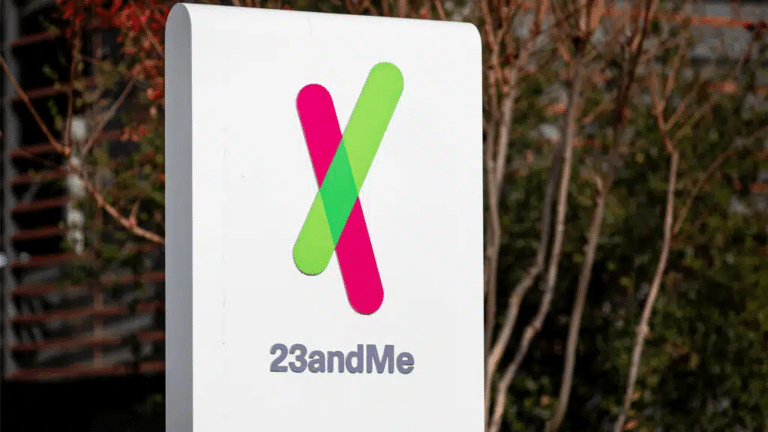
Stock prices of CNS Pharmaceuticals, a developer of drugs aimed at treating brain and central nervous system cancers, dropped nearly 10% during trading on April 27, hitting a new record low. The company released a prospectus for a new private placement. The two additional share issues announced in June have increased its authorized capital by approximately 2.8 times.
Details
CNS Pharmaceuticals’ share prices fell by 9.8% on Nasdaq on Thursday, June 27, reaching $1.66 per share. This marks the second consecutive trading session of declines, with CNS losing a third of its market value on June 26. The stock hit record lows twice over two days. Over the past 12 months, the company has lost nearly 100% of its value.
On Thursday, June 27, CNS published a prospectus for a private placement, offering institutional investors 568,000 shares at $2.45 per share and the same number of five-year warrants at $2.32 each. Two weeks earlier, the company announced it would sell 366,000 shares directly to investors at $3.75 per share and the same number of five-year warrants at $3.62.
After these two placements, assuming no warrants are exercised, the number of shares outstanding will increase to 1.4 million, 2.8 times more than before the additional issues, significantly diluting the stakes of existing shareholders.
As a result, CNS might raise approximately $2.76 million, excluding placement expenses. The company intends to use the proceeds for working capital and general corporate purposes.
What CNS Pharmaceuticals does
CNS Pharmaceuticals develops drugs aimed at treating brain cancer and central nervous system lymphoma. Its primary drug candidate is Berubicin. This is a type of anti-tumor anthracycline already used for treating certain cancers. The company expects that, unlike its predecessor, Berubicin can cross the blood-brain barrier, a sort of filter that prevents various microorganisms and toxins from entering the nervous tissue but also hinders the treatment of certain diseases by perceiving drugs as a threat.
CNS’s drug might aid in treating glioblastoma multiforme, a rare and malignant type of brain cancer. The median survival from the time of diagnosis is 15-16 months, with only about 25% of patients surviving more than two years, according to the company’s statistics. The main clinical data for the drug is expected to be reported in 2025. In the meantime, the company is just spending money, as indicated by its financial results for the first quarter of 2024.
Analyst insights
According to MarketWatch, the company is tracked by one analyst, who rates the stock as a Hold.













